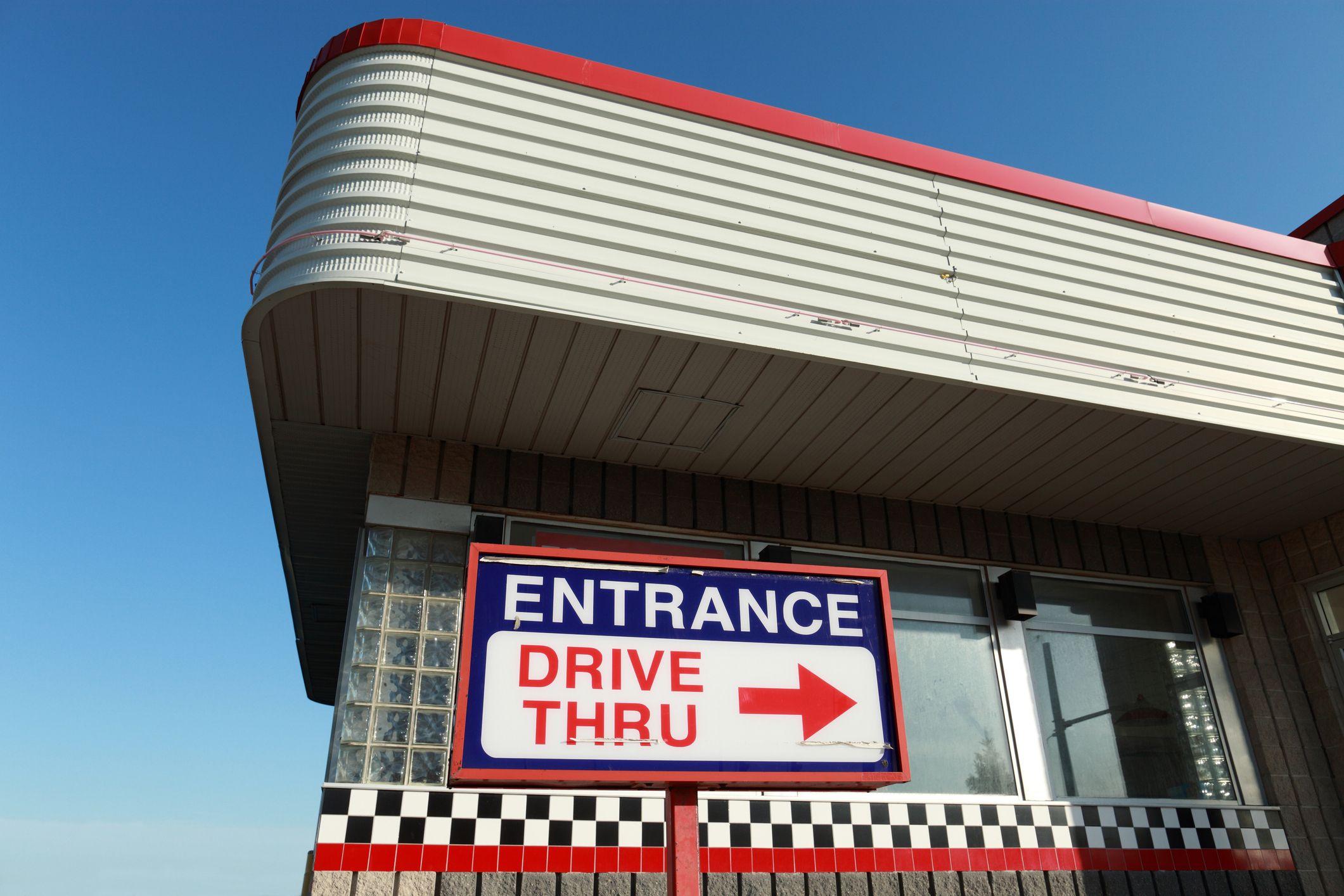Whole Business Securitization

Demand for WBS may be on the Rise in 2024
WBS offers companies and potential acquirers a lower cost option to refinance debt in a higher interest rate environment. As evidenced by recent high profile WBS transactions, investor appetite appears to be growing for WBS issuance following a slower 2023.
So far, we have seen WBS deployed by mature fast-food retailers and businesses with strong franchisee bases, though more service-oriented businesses like fitness studios and home service providers are jumping into the mix too. Typically, the operating company is highly leveraged and is seeking to reduce its borrowing costs. Fast food company Subway is amid the largest ever WBS to fund its acquisition by financial sponsor Roark Capital. Other fast-food chains have seen success issuing WBS including Wendy’s and Dunkin Donuts, among many others. Demand for WBS issuance ebbs and flows with interest rates and individual issuers respective costs of debt and pending maturities. It seems reasonable to expect more WBS if interest rates remain historically elevated given that issuers can enjoy lower interest rates from WBS than from direct operating company loans.
WBS: Financial Engineering by any other name
The nuts and bolts of how it works is that a company creates a special purpose vehicle (SPV) to own the intellectual property of the franchisor. As an example, a fast-food chain would put all its revenue generating assets into the SPV, including royalties received from franchisees, and revenue generated from company owned stores. That SPV then issues notes to investors, and the fast-food chain becomes the SPV, or in this case, the WBS manager. Bond holders are senior to most of the operating expenses in the business, so they get paid first and thus enjoy what is deemed to be lower credit risk, because if the restaurant chain goes bankrupt, it is assumed that franchisees will continue operating their locations and continue to pay their royalty checks. The same is assumed to be true for company owned stores. These cash flows are supposed to be protected in bankruptcy.
Download the article below which includes a sample diagram of how a WBS issuance could look.
Landlords, what should you make of this?
If you are a landlord with an existing lease with either a franchise location or company owned store, you will likely be asked to consent to a change in the lease. Before agreeing, TRA recommends you ask the following questions:
- How is rent payment prioritized in the waterfall? If rent is senior to interest and principal payments on the bonds, it is a lower risk scenario.
- How much growth is the company forecasting? Some WBS deals are predicated on aggressive franchise growth. Are the projections reasonable? Doubling in size over five years may be reasonable, while multiplying by five in one year is likely not.
- How long is the average existing lease term for the company’s leased and franchised locations? WBS deals, especially those related to franchise businesses, are reliant on their leases to generate revenue. No leases means no places to make burgers or tacos or donuts or sandwiches. Ask the company about the renewal clauses and terms on other leases in the business. If there are a lot of near-term expirations, that could be a headache for both landlords and bond holders.
- How strong are the franchisees? Usually if a company is considering a WBS, it means it has a well-diversified franchisee base with strong franchisee vetting. That being said, it is worth trying to figure out how high the hurdles are for franchisees. Lower hurdles could be indicative of a weaker business model (this can potentially be offset in sheer volume of franchisees).
- Are your lease payments really bankruptcy remote? Maybe, if things are generally normal. But if demand shrinks for the concept, rent collection invariably becomes an issue, WBS or not.
At TRA, we expect to see an uptick in WBS deals. If you need help parsing through the noise, reach out to see how we can help!
Download File